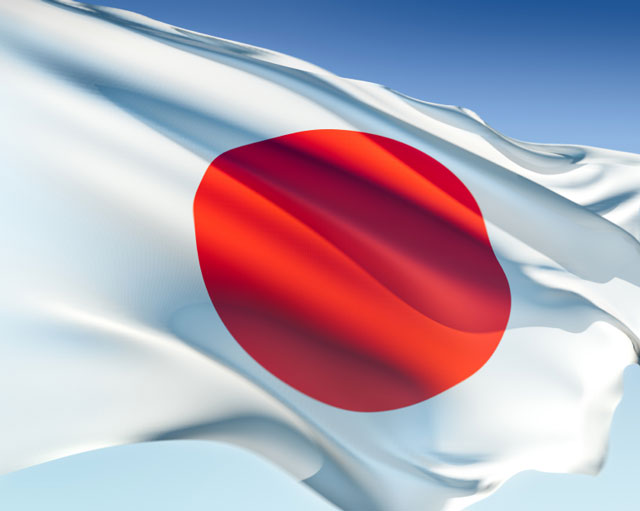This marks the start of a new series of posts that, from now on, will share the blog's spotlight together with the habitual posts analyzing the situation of the global economy. These series will be far more subjective than the economic analysis posts, I will just expose some ideas that cross my mind. That means I could incur in some inaccuracies from time to time, so take it with a grain of salt.
When there is so much talk about carbon emissions, lowering carbon footprints, global warming, the problem with fossil fuels, etc. what if we began helping by setting a yearly CO2 quantity that people are allowed to emit? I am talking about creating an "Individual Carbon Emissions Cap", similarly to what it is done with industrial emissions as stated by the Kyoto Protocol but taking it a step further by making citizens part of it.
What does this mean? Every participant country would set an Individual Carbon Emissions Cap (from now on I will call this ICEC for clarity's sake) for its citizens; a defined number of kilograms of CO2 that one person was allowed to emit to the environment over a year. For some people ICEC would instantly become an asset, for others it would mean a new tax, but in any case a tax you have control over... People would be able to trade part of their ICEC on a newly-defined public market (obviously with fixed prices per year to avoid the speculating vultures from spoiling the idea) and they could also make their cap grow by planting trees, sharing cars, installing or buying energy efficient devices and similar tree-hugger 'activities'.






